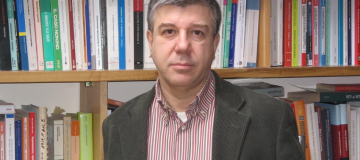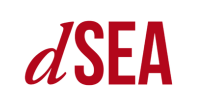
Seminario di Lucio Biggiero
AULA DELLA SCUOLA DI DOTTORATO, PALAZZO CÀ BORIN, VIA DEL SANTO 22 - ORE 12.30
02.03.2017
Knowledge creation, growth, and transfer within industrial networks and practices
Seminario di Lucio Biggiero, Università degli Studi dell'Aquila
In this chapter we test the hypothesis that uneven links distributions and uneven absorptive capacity between an industrial cluster members provide some kind of competitive advantages. Through an agentbased model has been built and calibrated on real data taken from an aerospace industrial cluster, that
hypothesis is contrasted against the normal, the uniform, and the U-shaped distribution. The focus of the model is on knowledge variables, agents’ learning capacities, and structural variables, like firms size and proximity. Physical production is not considered, excepted for its degree of complexity, which
determines also the degree of knowledge complexity. This work shows that, actually, the best performance in terms of cluster knowledge creation, growth and diffusion is obtained when firms connectedness and absorptive capacity are distributed in a scale-free way. More generally, the more unbalanced are these two variables (especially absorptive capacity), the better is knowledge performance. These results are rather robust, and obtained while keeping all other variables very balanced at the beginning of each simulation.





